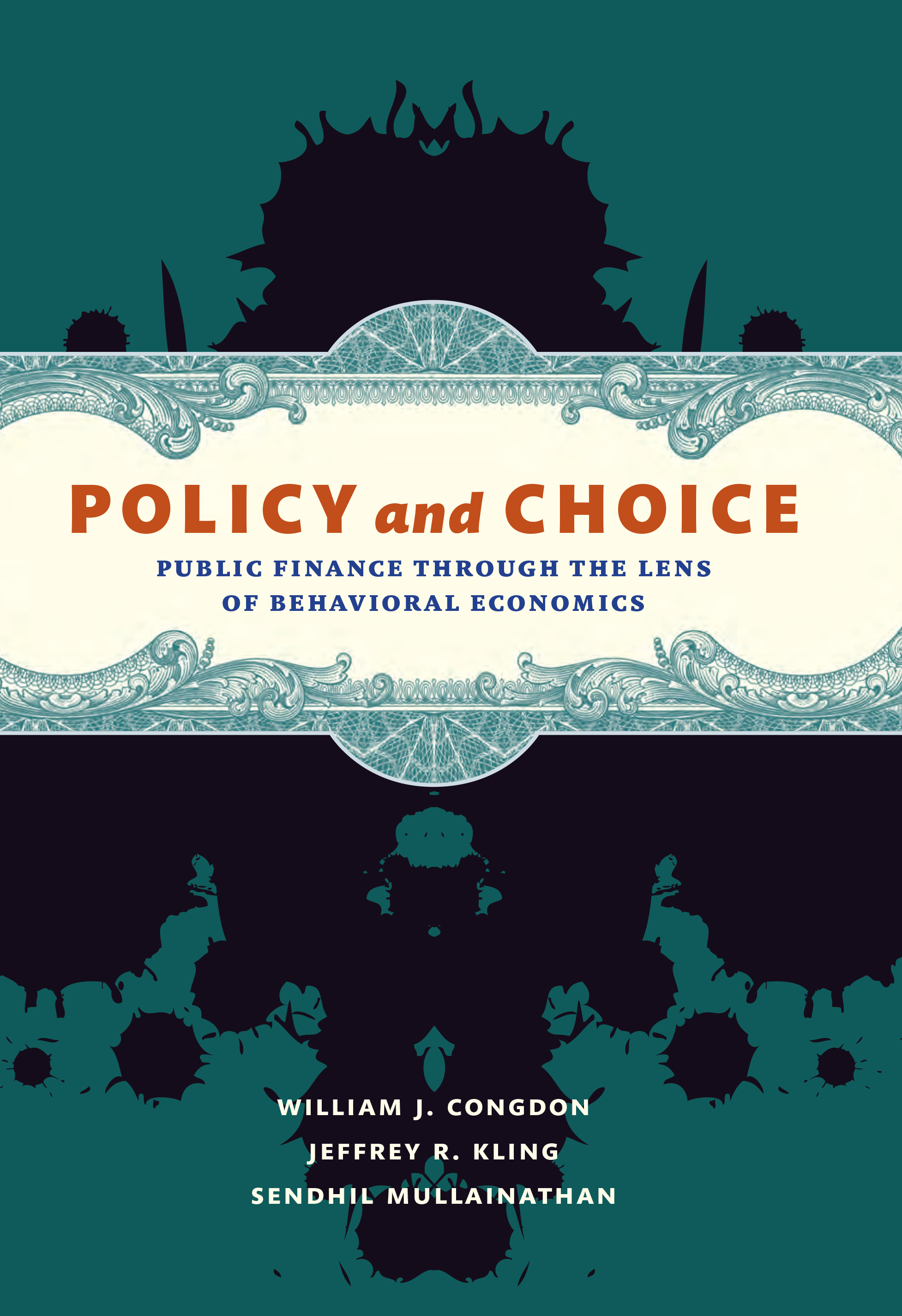Book Review: Policy and Choice
Published:
Policy and Choice is published by the Brookings Institution and authored by Jeffrey R. Kling, Sendhil Mullainathan, and William J. Congdon. As a compendium on psychological insights in the context of public finance, the book is a must-read for anyone interested in behavioral economics and public policy.

Here’s the paperback and a free PDF!
Utility: ⭐⭐⭐⭐⭐ (5/5)
The content is extensively researched and brimming with insights. Spanning topics from behavioral economics generally to assymmetri cinformation, externalities, poverty, and taxation specifically, the book is an invaluable guide to thinking through public policy questions, even beyond public finance. The book is sure to provide relevant examples and explanations of every concept and generally errs away from overly mathematical arguments.
Writing: ⭐⭐⭐ (3/5)
For academic literature, the book is fairly entertaining. Despite the stuffy word choice and some unnatural sentence structures, I found the book enjoyable overall. Just don’t expect to be laughing or emotionally invested - Gladwellian stories are nowhere to be found.
Notes
- Public policy does not draw sufficiently on psychological insights, particularly in the areas of health insurance, taxation, and the environment.
- Behavioral deviations from the standard model can be broadly categorized into imperfect optimization (individuals don’t know what they want), bounded self-control (individuals can’t implemented the plans they make), and nonstandard preferences (inidividual preferences can change and aren’t always pure self-interest).
- People underinvest in old-age insurance, mis-evaluate health risks, and have nuanced relationships with job loss.
- Externalities can be induced by nonstandard behaviors, especially in the context of public goods and education.
- Inequality and poverty may impose special forms of welfare costs. Behavioral economics can inform policy design, particularly when dealing with moral hazard and targetting.
- Behavioral economics informs how people respond to taxes, and thereby affects the incidence of taxation and optimal tax policy design.
